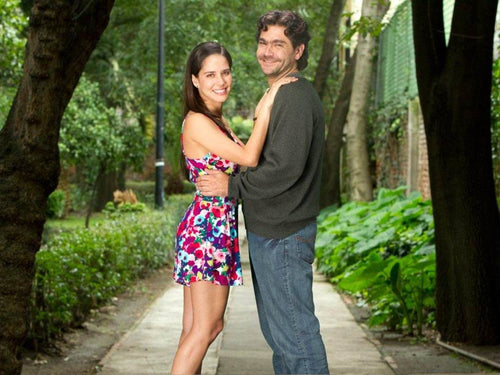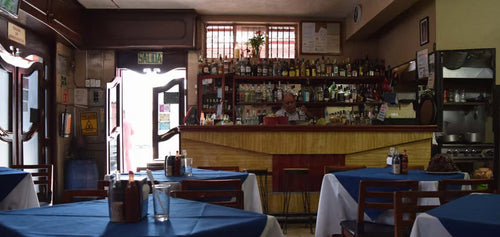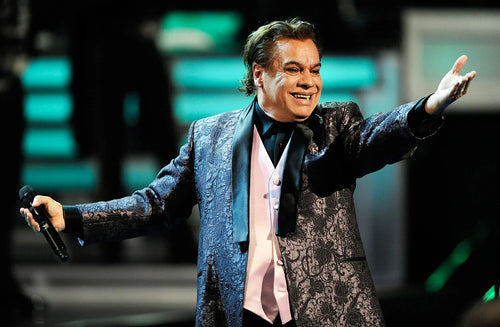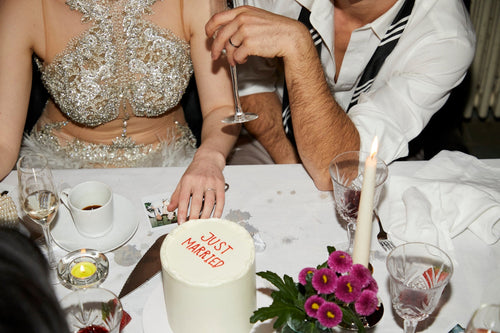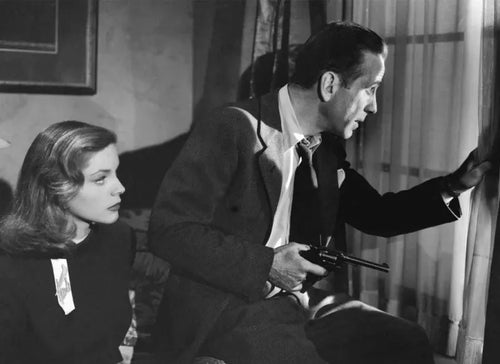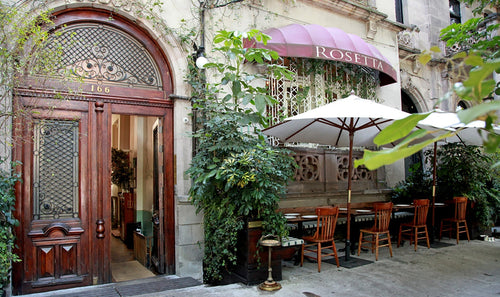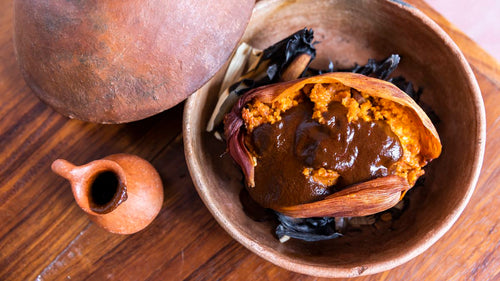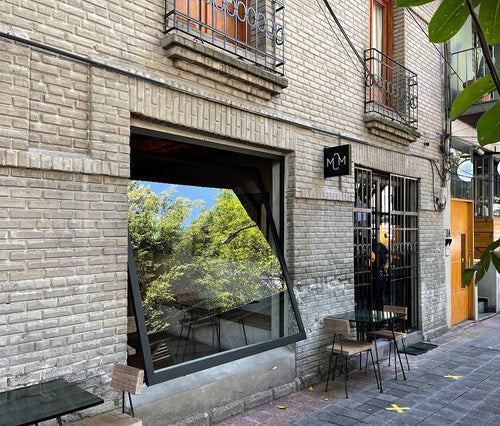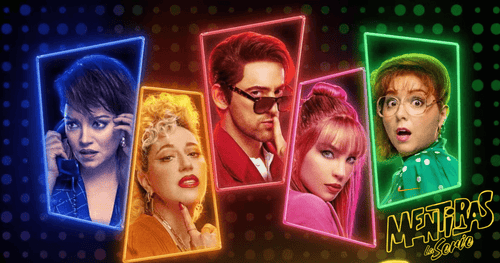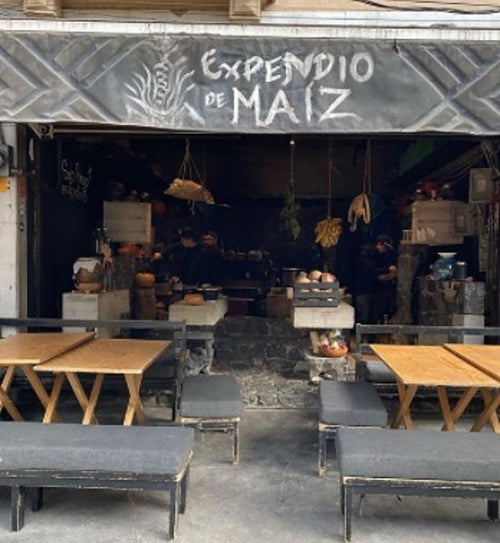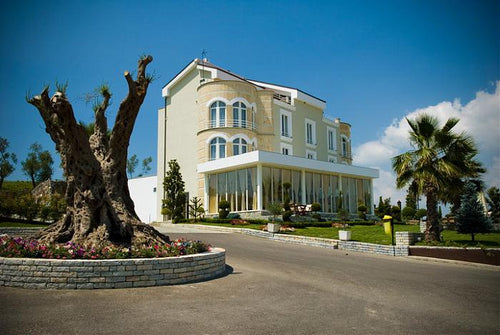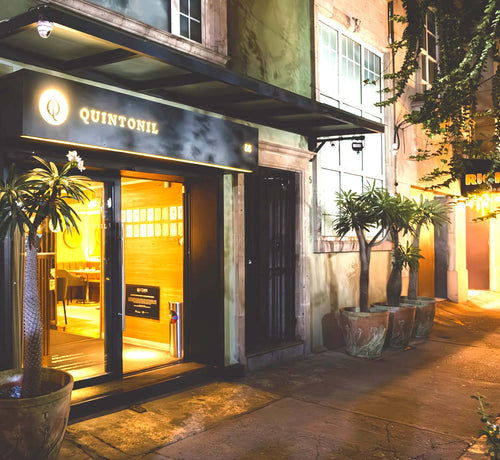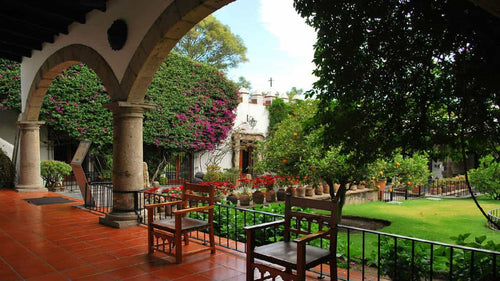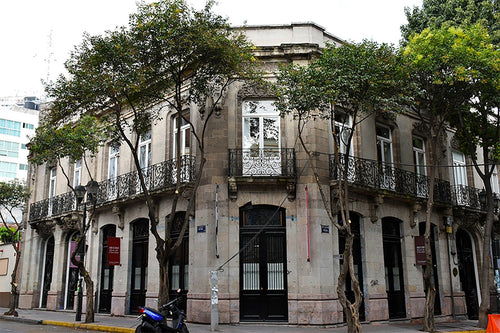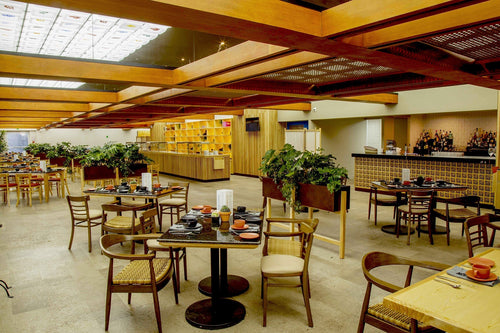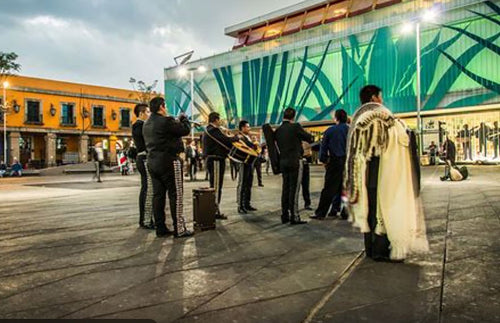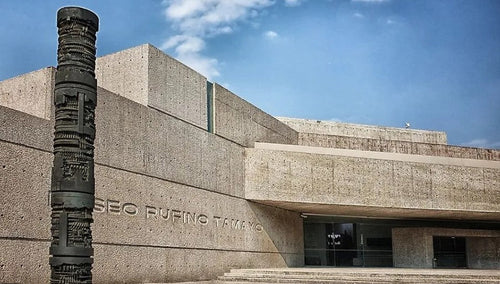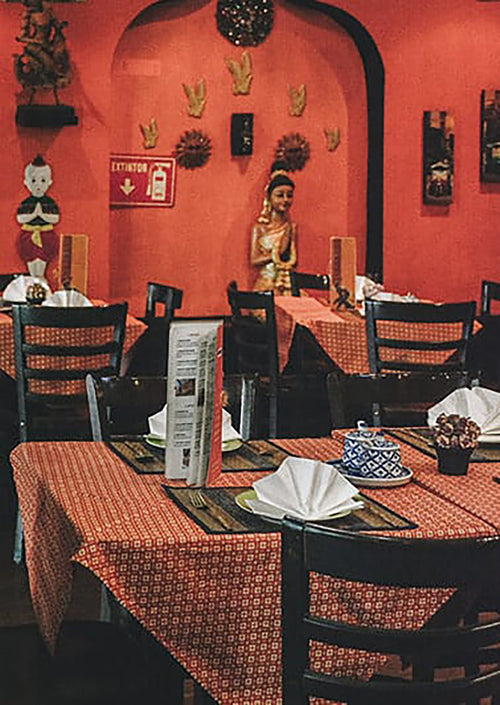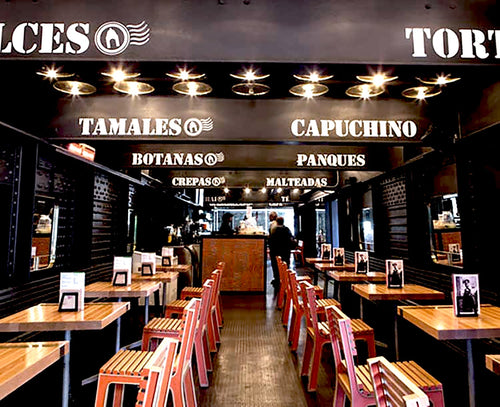Tourist traps / The canaries that see the future
This isn't a scam in the strict sense. Rather, it's a beautiful tradition that can catch you off guard.
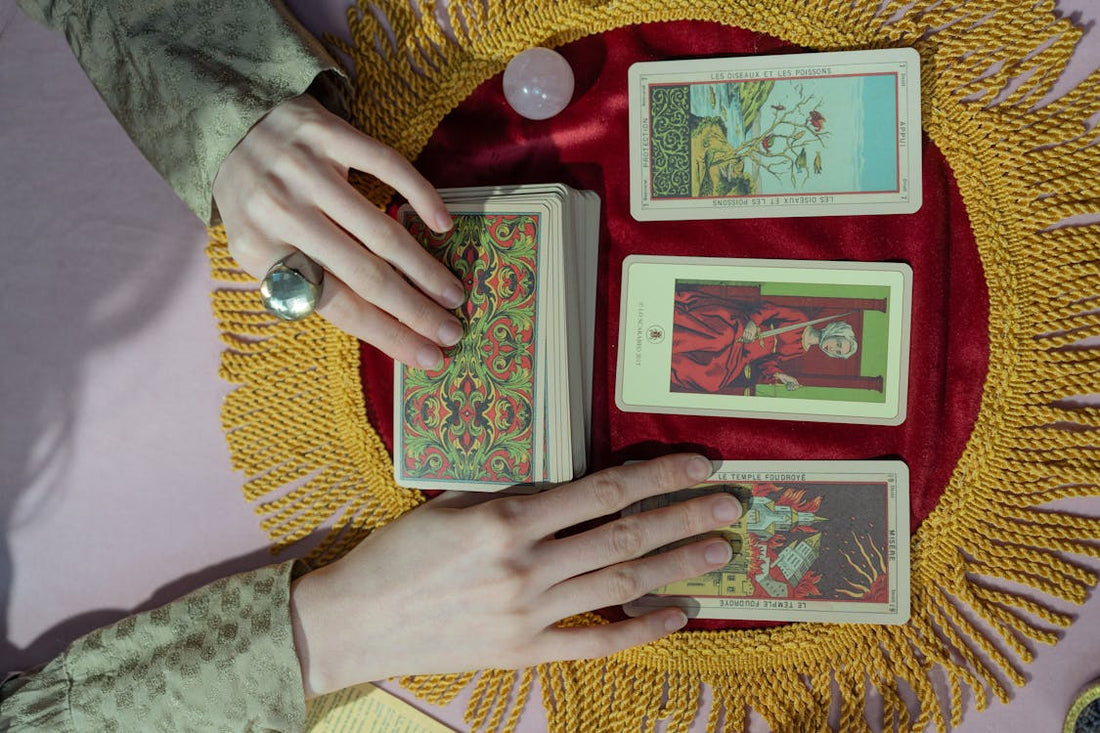
By Jajo Crespo
I was 16 years old and had just enough money to treat my date to an elote and get back home. I also had the morning off because I skipped classes at CCH. The plan seemed perfect, and I thought I might finally go home with a kiss. That is, until the clairvoyant canary showed up. The man stood in front of us and, without warning, a small yellow canary handed each of us a piece of paper. Mine said something about "future abundance," but I didn't have time for the future—I needed abundance right at that moment. I needed it when I heard the man say, "That'll be 140 pesos, young man."

I reached into my pocket, felt the money there, and didn't know how to ask the birdman if he happened to be hiring anyone else to hand out papers. I mean, the canary had "earned" almost two minimum wages (back then) in less than two minutes. At the time, it made me angry. I was just a kid strolling in Chapultepec and got taken for a ride. It's a shame that such a deeply rooted tradition had to be tarnished in the process.

Birdmen are champions of an ancient tradition. The profession dates back to mid-20th century patron saint festivals, and since then, we've been able to enjoy glimpses of the future from a canary's beak. It's usually a family trade: parents teach their children, who in turn teach their children. The breeding grounds are also family affairs: canaries are trained from a very young age, even before they finish molting.

To avoid getting caught off guard like I did, if you want to experience it, ask first how much "the reading" costs. In the end, I missed out on a kiss, missed out on the elote, failed my classes, and on top of it all, had to borrow money from my date for the bus ride back.



